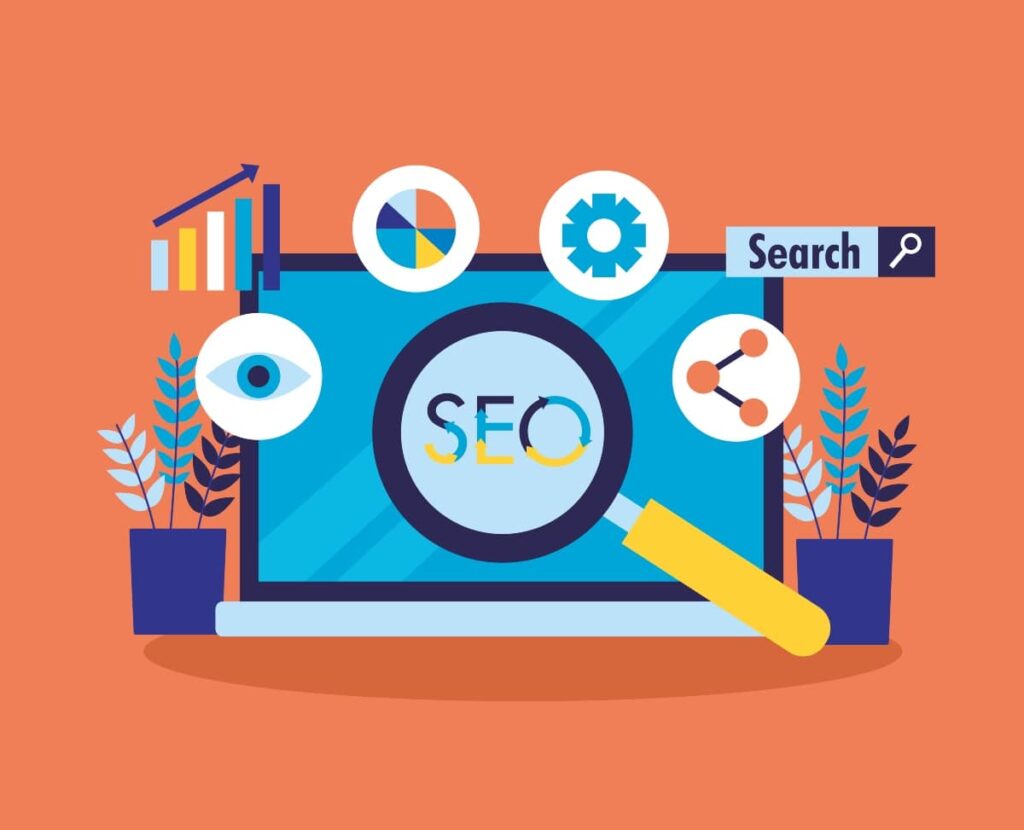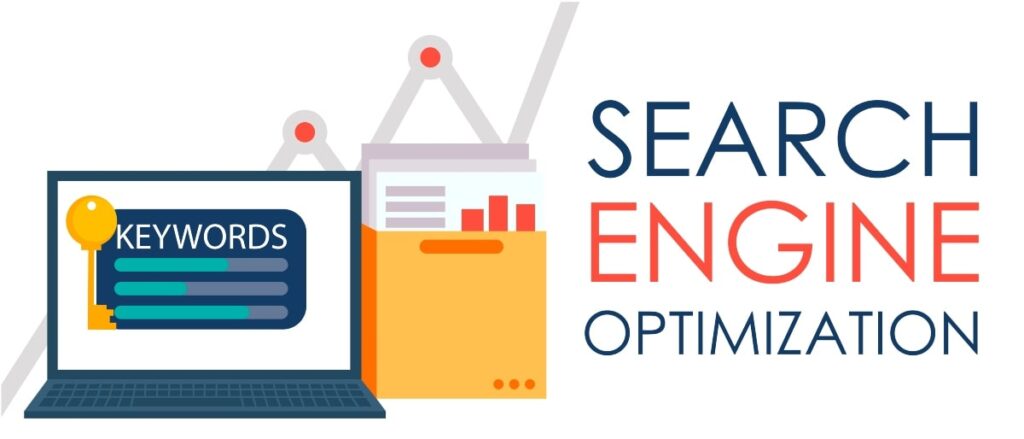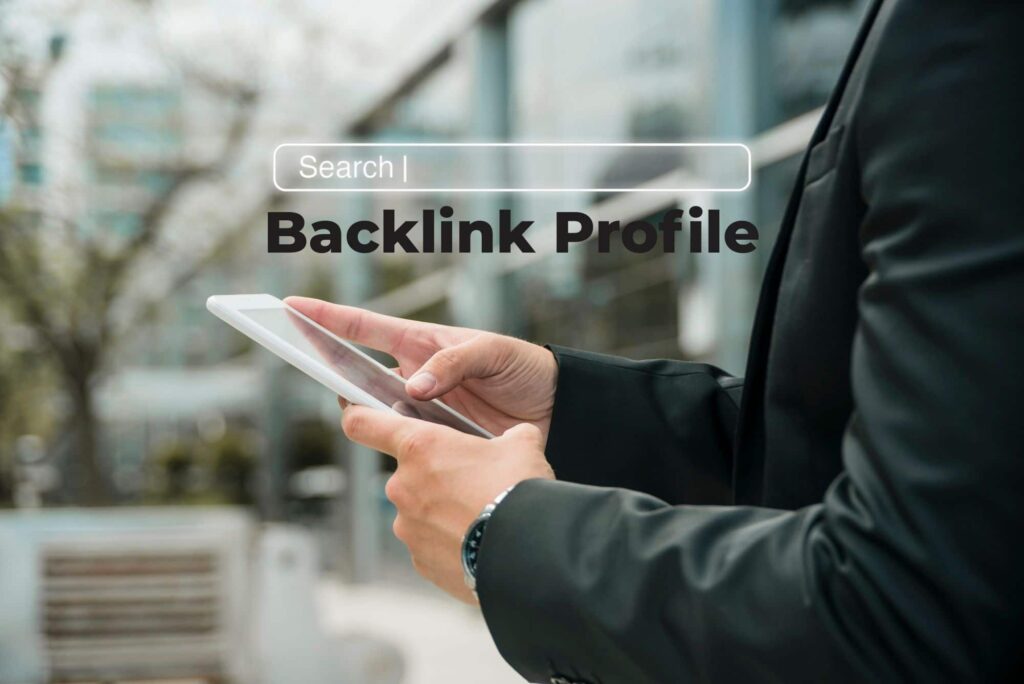Organic SEO Services aims to raise your website’s placement in the naturally occurring search results on search engines like Google and Bing. It uses strategies including content production, link building, keyword research, and website load speed optimization to gain higher placement in search results pages (SERPs). If you own a business, you know how important it is for users to visit your website; after all, they can learn more about your products, services, and brand. But what if you need to get the website traffic to boost your brand into industry stardom? In that case, you need to optimize for organic search. We’ve compiled this guide to help you understand Organic SEO Services and integrate it into your marketing strategy.
What Is Organic SEO Services?
Organic SEO is an online marketing strategy designed to improve your website’s rankings in unpaid search results on search engines like Google or Bing. It involves tactics such as keyword research, link building, content creation, and optimizing page load time to appeal to gain higher placement in the search results.
Why Is Organic SEO Services Important?
Organic SEO Services improves brand visibility in online search engines, increasing conversions and revenue. A staggering 75 per cent of searchers must click past the first page of results. If your website is not ranking highly, it will not get any traffic, which means it will have trouble producing leads and sales for your company. Companies must also do this because people rely on search engines to find what they need, so organic search engine optimization is essential. Like Google, over 90% of online experiences begin with a search engine. You’re giving away revenue if you fail to appear first in organic search results. Organic traffic captures more than 40% of income. In addition, compared to traditional marketing, search engines have an eight-fold greater close rate. Search is an effective marketing avenue waiting to drive revenue for your business. You must optimize your site for organic SEO to take advantage of the benefits.
Google’s Relationship with Organic SEO Services
Before discussing how to Understand Google and the reasons behind its importance in your organic SEO approach, it is crucial to examine how SEO functions and the relationship between Google and Organic SEO Services. Google has a great deal of responsibility as a search engine. The main objective of the most widely used search engine is to guarantee that upon a user’s query entry, the most helpful, informative results are returned. Google wants the resources it displays to be comprehensive and aligned with users’ search intent or the information they wish to locate while conducting an internet search. Google also cares about the user experience of its websites. Hence, it looks at user experience, page speed, and dwell time. These site-specific elements are essential for organic search results and the placement of your site in SERPs.
How Does Organic SEO Services Work?
Suppose Google aims to provide users with the best possible results. In that case, Organic SEO Services involves creating a website and content worthy of Google’s top ranking. If you want your website to rank highly in SERPs, it’s crucial that you implement Organic SEO Services. An Organic SEO Services strategy consists of techniques that work together to improve your website.
Some organic SEO strategies include:
- Keyword research: Look up the keywords you ought to focus on. Hence, your website appears at the top of SERPs when people search keywords and phrases related to your business.
- Content creation: To target valuable keywords for your organic SEO campaign, provide a variety of content kinds.
- Creating an internal linking profile: Ensure your site pages include links to other pages so search bots can properly index and crawl your website.
- Adding multimedia to content: Your site pages should include visual components such as pictures, infographics, and videos to captivate visitors and motivate them to stay longer.
- Ensuring your site is easy to use and aesthetically pleasing Involves Simplifying the navigation so that users can locate information quickly and efficiently, ensuring your buttons and forms load properly, and updating your site’s design.
- Optimizing page load time: To prevent people from leaving or bouncing from your site, ensure your site pages don’t load in two or three seconds.
- Adding image alt tags: Add descriptive text to your images in code to ensure that Google can understand what they are and how they relate to the content.
These methods combine to make you more appealing to Google’s ranking algorithm, which can improve your SERP position.
How Much Does Organic SEO Services Cost?
Prices for Organic SEO Services depend on several factors, from your strategy’s aggressiveness to your SEO agency’s pricing model. On average, companies will invest $1500 to $5000 per month. If using org nic SEO consulting services, rates range from $100 to $300 per hour.
How Long Does Organic SEO Take?
On average, it takes anywhere from six months to a year to see results from SEO. The timeline will vary based on many factors, including how much time you invest in SEO, how optimized your site was originally, and how effective your tactics are. SEO is an ongoing process, so you can’t expect immediate results from your campaign. Investing in front requires more time and resources but delivers long-term, consistent results.
5 Steps to Get Started with SEO
Knowing what organic SEO is currently allows you to wonder how to turn that information into an effective strategy for your business. Let’s explore a five-step organic SEO strategy to get your website in Google’s graces. These can also be considered organic SEO best practices.
1. Conduct Keyword Research
Keyword research is fundamental in SEO in digital marketing and is the basis of effective Organic SEO Services strategies. Type in keywords associated with your offerings into a keyword research tool. From there, you can see variations of those keywords, the amount of competition, search volume, and cost per click. Selecting keywords with low competition and sizeable monthly search volumes is ideal—this is the secret sauce to finding effective keywords. When choosing keywords, consider targeting a variety of short-tail and long-tail keywords. Short-tail keywords are more general, like “ice cream cake.” Long-tail keywords are more specific, such as “chocolate chip hand-dipped ice cream.”
2. Different and attract searchers with different intents
If you run an ice cream parlour and then compose a page focusing on the term “ice cream cake,” you’ll have a tough time ranking for that keyword in search results. Why? Thousands of other ice cream parlours are also trying to rank for that exact keyword. As you can see, there is a lot of competition for this phrase despite its large search volume. The long-tail term “chocolate chip hand-dipped ice cream,” on the other hand, is much easier to rank for if you produce a page that targets it because not every ice cream shop will publish content about it. Though the competition is also significantly lower, the search volume is.
3. Create Content to Target Your Most Qualified Keywords
Once you’ve selected a list of keywords that will efficiently target your audience, it’s time to write. As we previously discussed, Google ranks this material in search results; therefore, to achieve high organic rankings, it must be informative and helpful to readers. You can choose to publish various content types to focus on your keywords. A blog, for instance, enables you to consistently publish original content—something that Google adores, such as a constant supply of new material, which Google loves. You could also also publish long-form content, which is typically more than 2000 words in length. Google also offers long-form content since it proves you’re an expert on the topic.
Other types of content include:
- Homepage content
- Product pages
- Deep-dive industry articles
- Industry news and updates
No matter what content you write, it would help if you strived to provide users with the best possible information about your target keyword.
4. Add Media to Your Content
Including multimedia in your article is one of the most crucial Organic SEO Services strategies. Multiple media may seem like little, but it is. Adding multimedia to your article has two benefits. When discussing multimedia, we first refer to pictures, infographics, and films. Long text walls are a great place to break up content like this, keeping visitors interested in your page. But how does multimedia benefit your Organic SEO Services campaigns? Visitors will stay on your website longer if you can keep them interested in the pages on it. The length of time visitors spend on your website, known as dwell time, is As we previously discussed a dwellcial Google ranking element, as we previously discussed. Any slight change you make to your website, staying on it longer, adds another second to your dwell time; it may improve your page’s search engine ranking.
5. Optimize Your Site’s Page Speed
We also mentioned that page speed is another Google ranking factor, and for good reason. Remember how we said Google wants to provide users with the best results? In actuality, 53% of search engine users will stop visiting your website if the loading time exceeds three seconds. That may sound like a fast pace, but it’s not unusual in the current era of technology. When attempting to increase the speed of your page, take into account the following organic SEO advice:
- Compress your images: Although huge photos look beautiful on your website, they often need to catch up on your page speed. Use a tool like Kraken.io to condense and keep your pictures.
Conclusion
In today’s digital age, mastering Organic SEO Services is essential for any company looking to improve its internet visibility and increase website traffic. Organic SEO, through keyword research, content creation, and page speed optimization, helps your site rise on search engine results pages, eventually increasing visibility, traffic, and revenue. Implementing an effective organic SEO strategy can be a game-changer for your business. By delivering high-quality, relevant content and ensuring a seamless user experience, you can appeal to search engines and users. Although the process requires time, effort, and patience, the following are some undeniable long-term advantages of a solid organic SEO strategy. If you find the journey overwhelming, partnering with a professional organic SEO services provider like WebFX can streamline the process and yield significant results. With expert guidance, you can focus on what you do best—running your business—while reaping the rewards of improved online visibility and increased conversions.



































